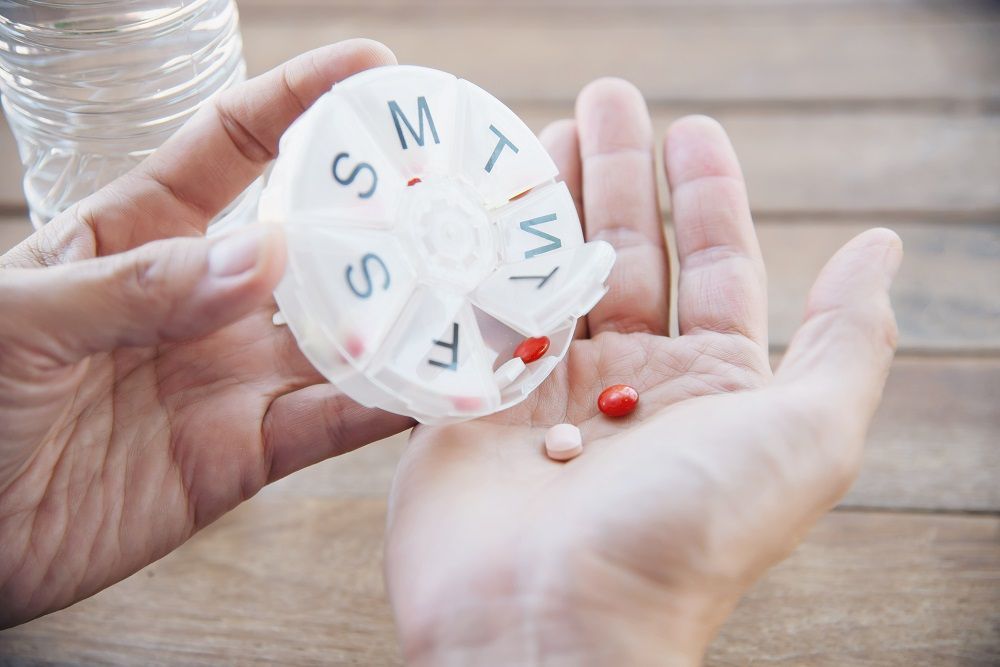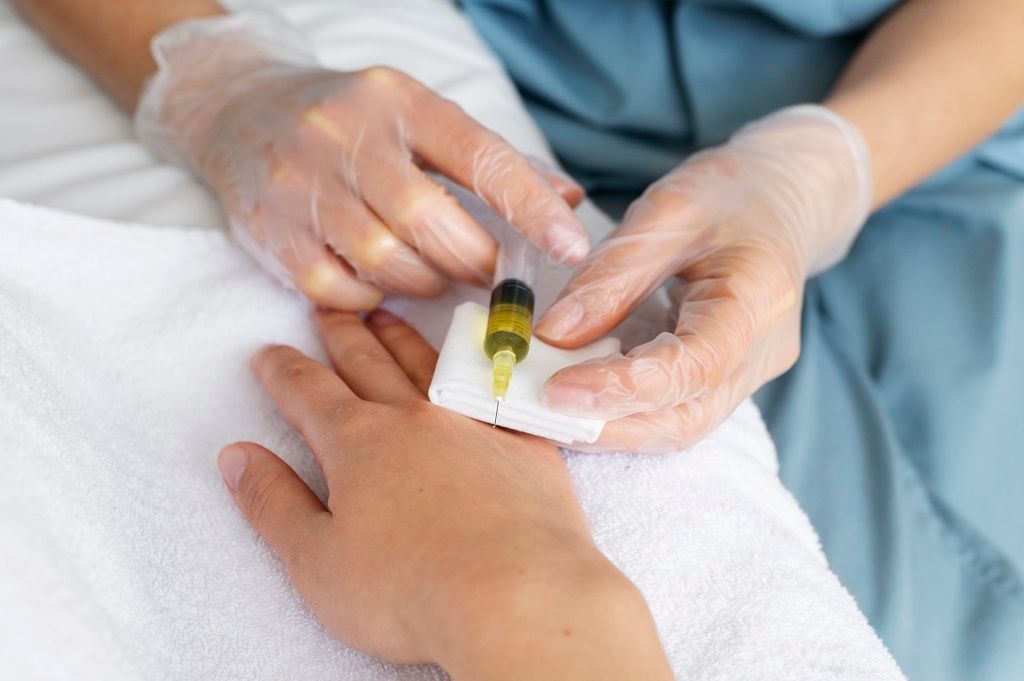
Intrauterine devices (IUDs) have emerged as a highly effective and convenient form of long-term contraception, offering women a reliable option for family planning. However, not all IUDs are created equal. This article delves into the various types of IUDs available and examines how they differ in terms of effectiveness.
Unraveling the Effectiveness of Intrauterine Devices (IUDs) for Long-Term Contraception
An intrauterine device (IUD) is a small, T-shaped contraceptive device inserted into the uterus by a healthcare provider. It provides a highly effective and long-lasting method of contraception, with some IUDs offering protection for up to 3, 5, or even 10 years, depending on the type.
Types of IUDs
There are two main types of IUDs available in the United States: hormonal and non-hormonal (copper). Each type has unique characteristics, mechanisms of action, and effectiveness rates.
Hormonal IUDs
Mechanism:
Hormonal IUDs release a low dose of a synthetic hormone called progestin into the uterus. This hormone thickens cervical mucus, making it difficult for sperm to reach the egg. It also thins the uterine lining, reducing the likelihood of implantation.
Effectiveness
Hormonal IUDs are incredibly effective, with a less than 1% failure rate. They are considered one of the most reliable forms of contraception available.
Duration of Effectiveness:
Depending on the specific brand, hormonal IUDs can provide protection for up to 3 to 7 years. Examples: Common brands of hormonal IUDs include Mirena, Kyleena, Liletta, and Skyla.
Copper IUDs
Mechanism:
Copper IUDs work by releasing small amounts of copper into the uterus. Copper ions are toxic to sperm, preventing fertilization. They also create an inhospitable environment for fertilized eggs, preventing implantation.
Effectiveness
Copper IUDs are also highly effective, with a failure rate of less than 1%.
Duration of Effectiveness:
Copper IUDs can provide protection for up to 10 years, making them one of the longest-lasting contraceptive options available.
Examples:
Common brands of copper IUDs include ParaGard.
Comparing Effectiveness
Both hormonal and copper IUDs are highly effective at preventing pregnancy, with failure rates of less than 1%. Their long-lasting nature and minimal user-dependent factors contribute to their high efficacy rates.
Factors Influencing Effectiveness
While the type of IUD plays a significant role in its effectiveness, other factors can influence its performance:
Correct Insertion:
Proper insertion of the IUD by a trained healthcare provider is crucial for its effectiveness.
Adherence to Guidelines:
Following any specific guidelines provided by the healthcare provider, such as checking for the presence of the IUD strings, is essential.
User Compliance:
Using additional contraception during the first few days after IUD insertion is recommended, as it may take a short period for the device to become fully effective.
Frequently Asked Questions
Can IUDs be Used as Emergency Contraception?
While IUDs are highly effective at preventing pregnancy, they are not intended for use as emergency contraception. Emergency contraception pills are specifically designed for this purpose and should be taken as directed.
Can IUDs Increase the Risk of Pelvic Inflammatory Disease (PID)?
Yes, both nulliparous (women who have never been pregnant) and parous (women who have had children) individuals can use IUDs. The choice between hormonal and copper IUDs may depend on individual preferences and considerations.
Conclusion
Intrauterine devices are a highly effective form of contraception, offering women a reliable option for family planning. Whether hormonal or copper, both types provide exceptional protection against pregnancy. Understanding the differences in effectiveness and characteristics of each type can help individuals make informed decisions about their contraceptive choices. Consulting with a healthcare provider, like those at Vero Clinics , is key to finding the most suitable IUD for individual needs and preferences. Remember, while IUDs are highly effective, no form of contraception is infallible, and open communication with healthcare providers is essential for optimal contraceptive success. For expert care, contact Vero Clinics at (217) 615-1144.
QUICK LINKS
Copyright © 2024 Vero Clinics - All Rights Reserved - Designed and Developed by Solution21, DBA Web Concepts Media- Legal Notices










